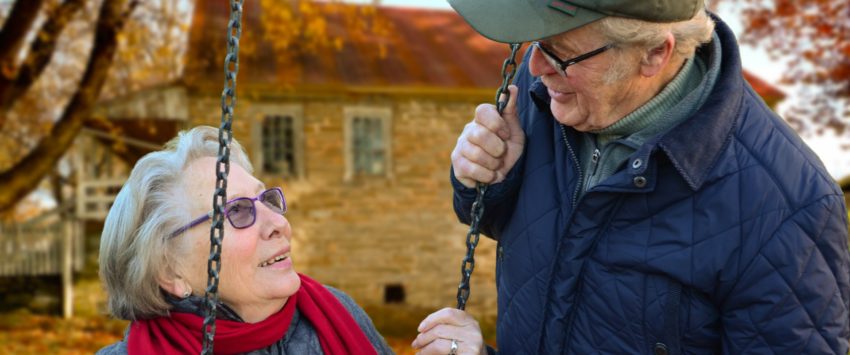
What To Do When A Loved One Has Dementia
- October 22, 2018
- ontarget
- Guardianship
- 0 Comments
The signs are disheartening. Neighbors tell you that your mom/dad is wandering from the house and having difficulty getting home. Your mom/dad is forgetting to take his medications. A once vital sibling is forgetting the name of friends and relatives.
If these behaviors and others are becoming an issue, an examination or referral for a mental health evaluation must be done. If normal forgetfulness has progressed to onset of dementia or Alzheimer’s medical treatment is of utmost importance.
However, after dealing with the medical issues, there will be legal ramifications you must deal. You should review your loved one’s estate plan to be certain the proper documents are in place.
These important papers include:
- A durable power of attorney
- Designation of health care surrogate
- A living will
- A HIPPA release authorization
- A preneed guardian declaration
- A will and/or trust
Depending on the extent of the dementia, you must determine
whether your loved one can:
- Maintain proper hygiene;
- Take appropriate medications;
- Keep appointments; and/or
- Take care of financial obligations. The inability to do any of these everyday tasks may require you to establish a Guardianship.
After you have evaluated your loved one’s situation, you should seriously consider consulting with an Orlando Guardianship Attorney who will provide invaluable assistance in helping you with all the aforementioned issues. A Guardianship Attorney will not only provide you with resources in the community, such as centers where your loved one can visit for several hours and give you respite, but also recommend home healthcare providers with the understanding that your loved one probably wants to stay in his/her own home as long as possible.
A Guardian Attorney can discuss how you Petition the court to become a guardian. If your loved one has planning documents, the attorney can advise you whether those documents provide a sufficient least restrictive alternative (a concept widely used in mental health law), or whether you will need to petition the court for guardianship.
The Guardian Attorney will also discuss with you whether you qualify and have time to be the guardian of your loved one and his property, or whether you would prefer to petition to a have a professional guardian appointed. Another alternative is for you to be appointed guardian and obtain, with court approval, the assistance of a geriatric care manager. A professional guardian may be the best option
- if you do not legally qualify to be guardian, or
- If you and your relatives cannot agree on the selection of guardian.
Please remember that all reasonable efforts should be made to maintain your loved one’s lifestyle for as long as possible, and in a dignified and respectful manner.
If you have more questions regarding an Orlando Guardianship Law matter, you may call Ann Marie Giordano Gilden at Ann Marie Giordano Gilden, P.A. at 407-732-7620 and set an initial consultation.
This article is for informational purposes only; and it does not form an attorney-client privilege.
